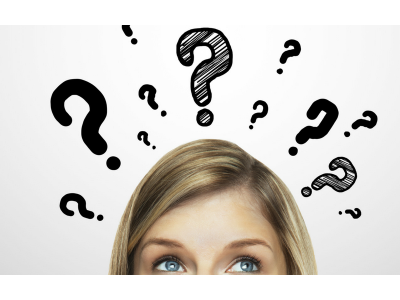For individuals with depression who are concerned about the side effects of medication, there are several alternative or complementary approaches that can be considered. Therapy, particularly cognitive-behavioral therapy (CBT), is a well-established non-medication option. CBT helps individuals identify and change negative thought patterns and behaviors, which can significantly improve mood and coping strategies.
Lifestyle changes can also play a crucial role in managing depression. Regular physical exercise is known to have a positive impact on mood by releasing endorphins and improving overall well-being. A balanced diet and adequate sleep are important for maintaining mental health, as both can influence mood and energy levels.
Mindfulness practices, including meditation and yoga, can help reduce stress and enhance emotional regulation. Mindfulness-based cognitive therapy (MBCT) combines traditional cognitive therapy with mindfulness strategies to prevent relapse in depression.
Support groups and social support are beneficial as well. Engaging with others who have similar experiences can provide a sense of understanding and connection, which can be comforting and reduce feelings of isolation.
In some cases, alternative treatments like acupuncture or herbal supplements may offer relief, but these should be approached with caution and discussed with a healthcare provider to ensure they are safe and appropriate.
Finally, exploring creative outlets such as art or music therapy can provide emotional expression and relief. It is important to consult with a healthcare provider to tailor an approach that fits individual needs and to ensure that any alternative methods are used safely and effectively.
